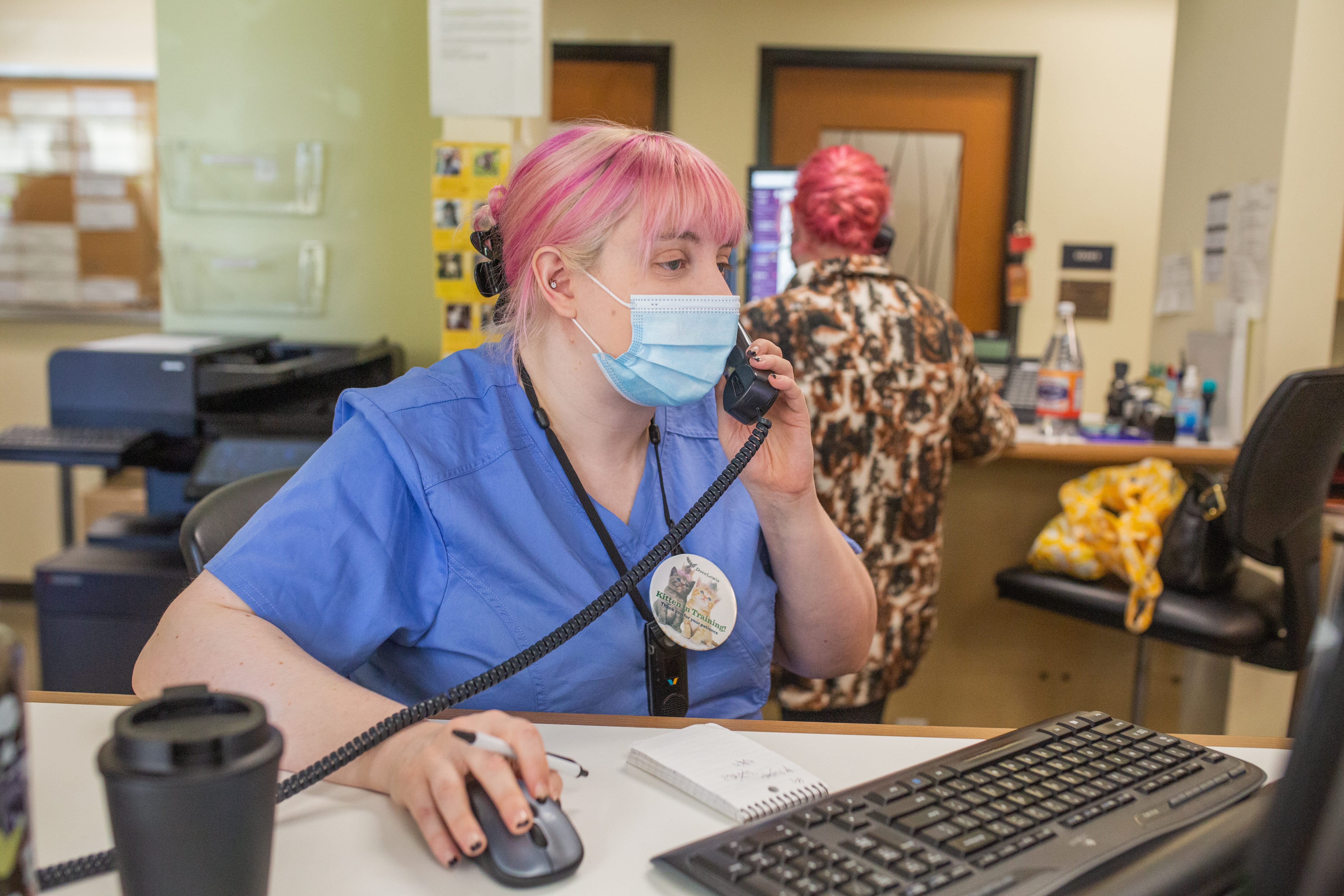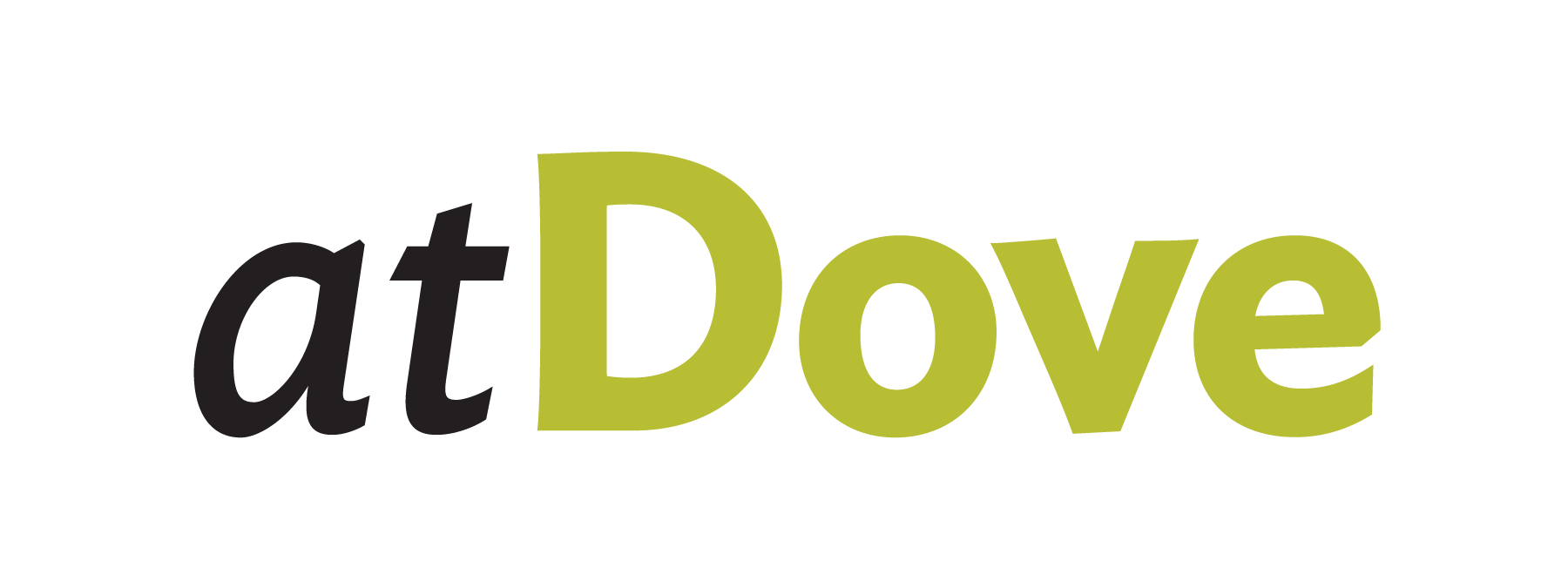How to Ace a Veterinary Job Interview

Any of us who took a basic economics class in college know the simple fact is that interviews for open DVM positions have suddenly become mini rose ceremonies ala The Bachelor – only with everyone wearing clothes and doing far less crying. This can also be a similar experience for other sought-after veterinary jobs.
Most people think interviews are all about YOU and how special YOU are. All you have to do is show up and be yourself, right? Wrong. That’s what your mom told you, and while her support is appreciated, it’s not true. Competitive job markets require a strategy to acing the interview portion of the job. Here are five tips to help you get the final rose.
1. Research the practice. You can find a lot of information online in a short period of time, so you should have a very good answer to the question, “Why are you interested in working at ABC practice?” Hint: “Because they are hiring” is not the right answer. Neither is: “This practice is close to my house” or “You pay more than my current job.” Look up their story and read between the lines. Are they a client-centered practice? What does their website say about their staff? Any mention of a high standard of care? Did the clinic owners meet in vet school and start their practice after graduation? Know all of that; it will do nothing but emphasize the point that you are serious about their opening.
2. Know what you bring to the table. I think a key trait of being a human is the ability to be introspective and self-aware. Understand your strengths and speak to them. How do your strengths set you apart from others and how will that help the practice, its clients, and its patients? Understanding not just your strengths medically, but also your soft skills are critical here. Are you great at explaining medical concepts to clients in a way they understand? Awesome, tell that story.
3. Know what you don’t bring to the table too. My favorite interview question is, “Tell me about the most helpful performance feedback you’ve ever received.” I have passed over candidates that couldn’t answer this question. Here’s what I’m looking for: your ability to not only receive criticism but also learn from it. Like it or not, any feedback you’ve received, whether you agree with it or not, is valid. Why? Well, regardless of whether you think you give off a stressful vibe or have a dismissive tone with some clients, the perception is there and it is important to be aware of that and to strive to be better.
4. It’s all about impression management. Remember last year at Western when they picked your song at the dueling piano bar and you stood on the table and everyone sang along with you? Me too – that was fun, but not necessarily the story you want to tell at an interview. You want to be honest and authentic but also manage the impression you are giving about yourself. This story doesn’t give me the impression that I am hiring a hard-working professional. The impression you create is given from every story you share to what you are wearing (i.e. leave your dirty scrubs at home) to how you interact with the staff you meet while you are interviewing. Side note: If you’re rude or dismissive to the front desk staff when you think no one is looking, you’re out.
5. Know what you want in a job, too. I spend more time with people at work than I do with my husband – with whom I stood in front of a very large group of people and promised to hang out with in good times and bad until the end of time (or death or mid-life crisis, whichever is first). Understand the core philosophies of the clinic you are applying for and make sure they are in line with yours. If not, that will eventually eat at you, and in my experience, that never ends well. Now, we all need money to live, so if you take a job that does not meet your goals – think long-term. How will this help you get to the next step? Have a plan and timeline to get there.
Finally, a bonus tip: If you don’t get the job, handle the rejection professionally. You never know when another opportunity will show up or a connection will come in handy. Leaving a message in the middle of the night on the clinic phone announcing you didn’t want to work there anyway only proves the point that not hiring you was the right decision.
Have tips about interviewing that I missed? We’d love to hear them!


